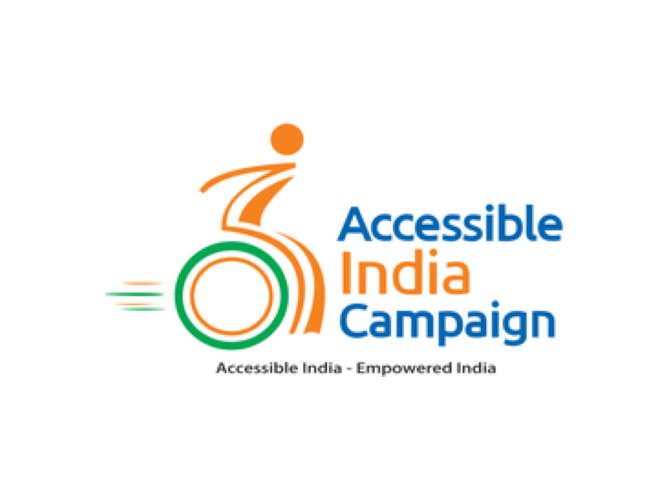Celebrating Nine Years of the Accessible India Campaign

The Accessible India Campaign (AIC) has made significant strides in promoting inclusivity for persons with disabilities (PwDs) in India. Launched on December 3, 2015, under the leadership of Prime Minister Shri Narendra Modi, this initiative aims to create a barrier-free environment across the nation. The AIC aligns with the United Nations Convention on the Rights of Persons with Disabilities (UNCRPD), emphasizing the importance of accessibility and inclusion. As the campaign celebrates its ninth anniversary, it is essential to reflect on its achievements and future goals.
Transforming the Built Environment
One of the primary focuses of the Accessible India Campaign has been the transformation of the built environment. The campaign has conducted accessibility audits for 1,671 government buildings, ensuring that they meet the necessary standards for PwDs. As a result, accessibility features have been introduced in 1,748 government buildings, with retrofitting efforts applied to 1,314 structures. This initiative has significantly improved access to public spaces.
Moreover, airports have also benefited from these efforts. A total of 35 international and 55 domestic airports have been equipped with ramps, accessible toilets, and Braille systems. These enhancements ensure that individuals with disabilities can navigate these facilities with ease. The campaign’s commitment to creating an inclusive built environment is a crucial step toward fostering a society where everyone can participate fully.
Enhancing Transportation Accessibility
Transportation is another critical area where the Accessible India Campaign has made remarkable progress. The campaign has worked tirelessly to make railway stations accessible. Currently, 709 railway stations are fully accessible, while an additional 4,068 stations have been partially modified to accommodate PwDs. This effort has made traveling by train more feasible for individuals with disabilities.
In addition to railways, public transportation has also seen improvements. A total of 8,695 buses are now fully accessible, and 42,348 buses have been partially modified to enhance accessibility. Furthermore, the number of accessible bus stations has increased to 3,120 across 24 states and Union Territories. These advancements in transportation accessibility are vital for ensuring that individuals with disabilities can travel independently and confidently.
Improving Information and Communication Access
The Accessible India Campaign has also prioritized improving access to information and communication. A significant achievement in this area is the redesign of 95 central government websites to enhance their accessibility. Additionally, 676 state and Union Territory government websites have been made accessible, ensuring that vital information is available to all citizens, regardless of their abilities.
These efforts are crucial in bridging the digital divide and ensuring that individuals with disabilities can access essential services and information online. By making government websites more user-friendly, the AIC is fostering a more inclusive digital environment that empowers PwDs to engage with government services effectively.
Future Directions for the Accessible India Campaign
As the Accessible India Campaign moves forward, it aims to build on its successes and address remaining challenges. The next phase of the campaign will focus on formulating sector-specific accessibility standards for various ministries and departments. This initiative will ensure that accessibility remains a priority across all levels of government.
Additionally, the campaign plans to make 500 more government websites fully accessible. Training a cadre of access auditors in collaboration with the Council of Architecture is also on the agenda. This training will help ensure that new constructions and renovations adhere to accessibility standards.
Furthermore, the AIC intends to develop specialized accessibility courses for students in B.Tech, B.Plan, and B.Arch programs in partnership with IIT Kharagpur and AICTE. These initiatives will help create a future where accessibility is ingrained in the design and planning processes.
Observer Voice is the one stop site for National, International news, Sports, Editor’s Choice, Art/culture contents, Quotes and much more. We also cover historical contents. Historical contents includes World History, Indian History, and what happened today. The website also covers Entertainment across the India and World.

